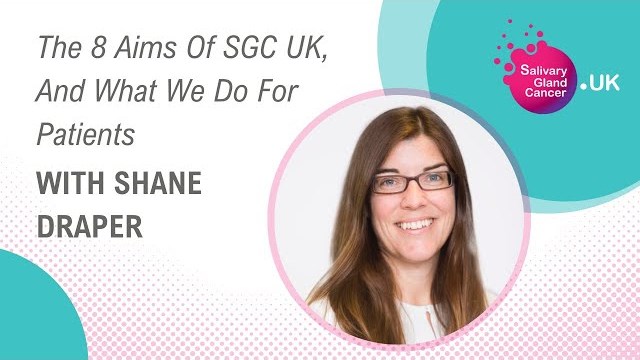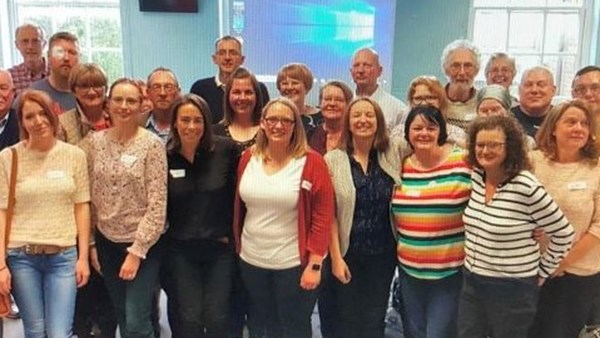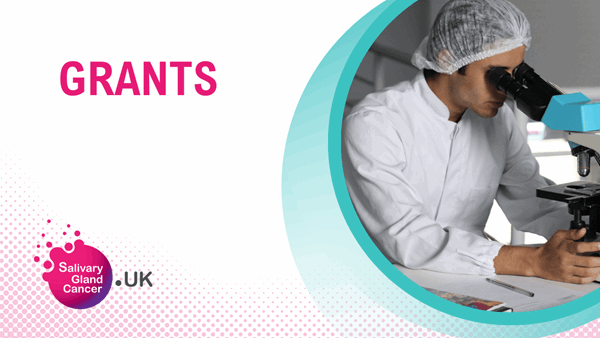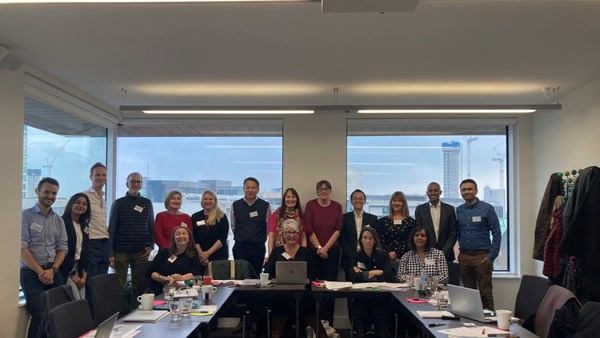
About Us
We are Salivary Gland Cancer UK
We’re a charity for those with rare salivary gland cancers such as Adenoid Cystic Carcinoma, Acinic Cell Carcinoma, Mucoepidermoid Carcinoma... We are continuing to build an information and support network for people affected by, or treating, these conditions.
We organise regular networking meetings. We give you opportunities to input into ground-breaking research projects. We’re working to improve access to the newest therapies. Having started with Adenoid Cystic Carcinoma initially, our scope has broadened to include other salivary gland cancers. We’re focused on patients and clinicians working together to drive research and increase knowledge. So why not join our network?
We are the result of a unique collaboration between a patient advocate and medical oncologist, both passionately committed to further research into salivary gland cancers. We’re firmly embedded in the UK and Worldwide research communities. We also have strong links with other patient support groups.
You can read our story in an article published by The BMJ. It can be accessed here.
We aim to provide reliable, consistent information and support to those with salivary gland cancers, those that support them and those that are working to treat or cure them. We welcome your support in whatever way you are able to contribute. We value your time, your knowledge, your presence and your financial support. Everyone is welcome.
0.3% of all cancer cases globally are salivary gland cancers





In the UK, 5 in every million people learn they have ACC every year







